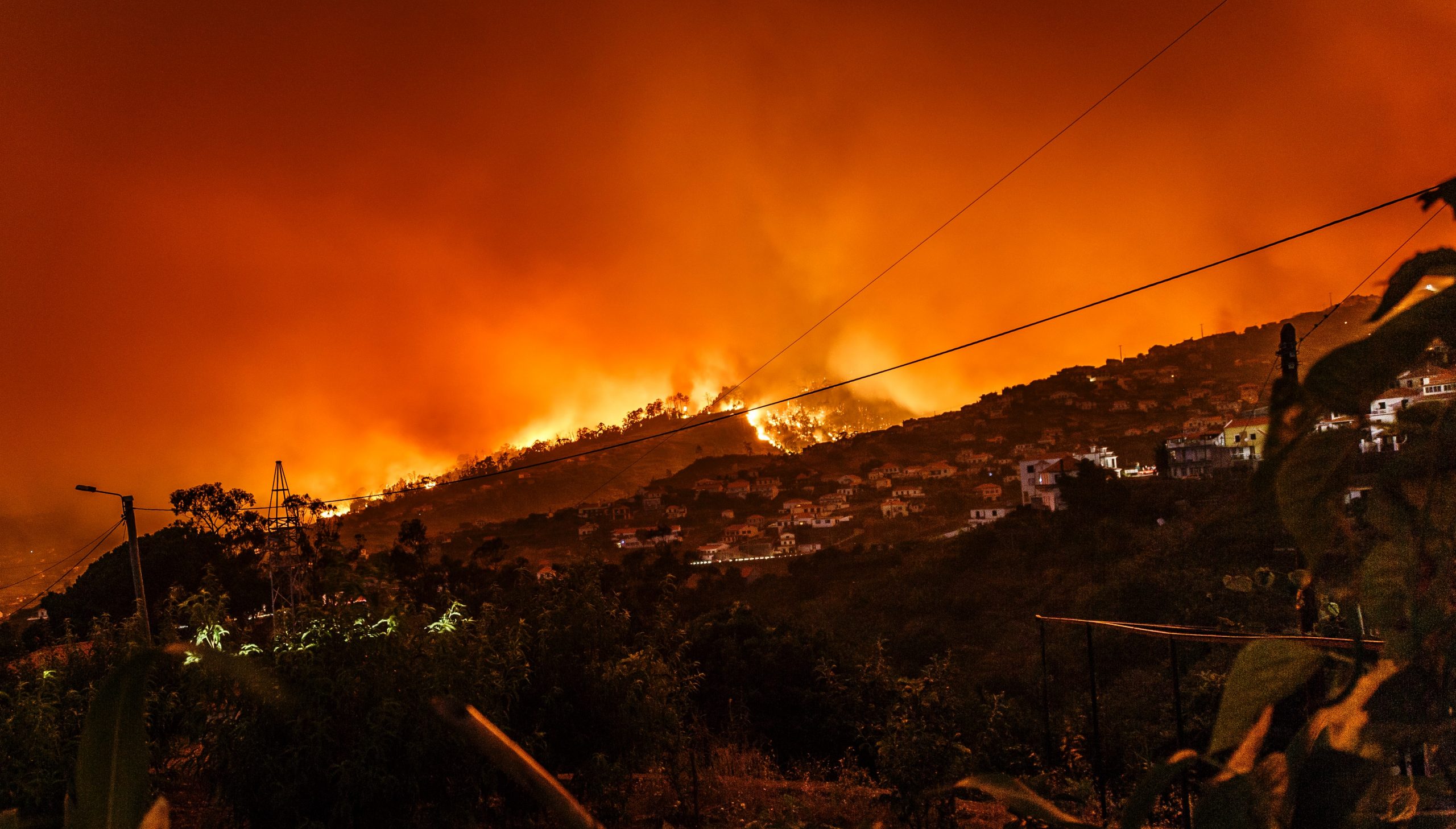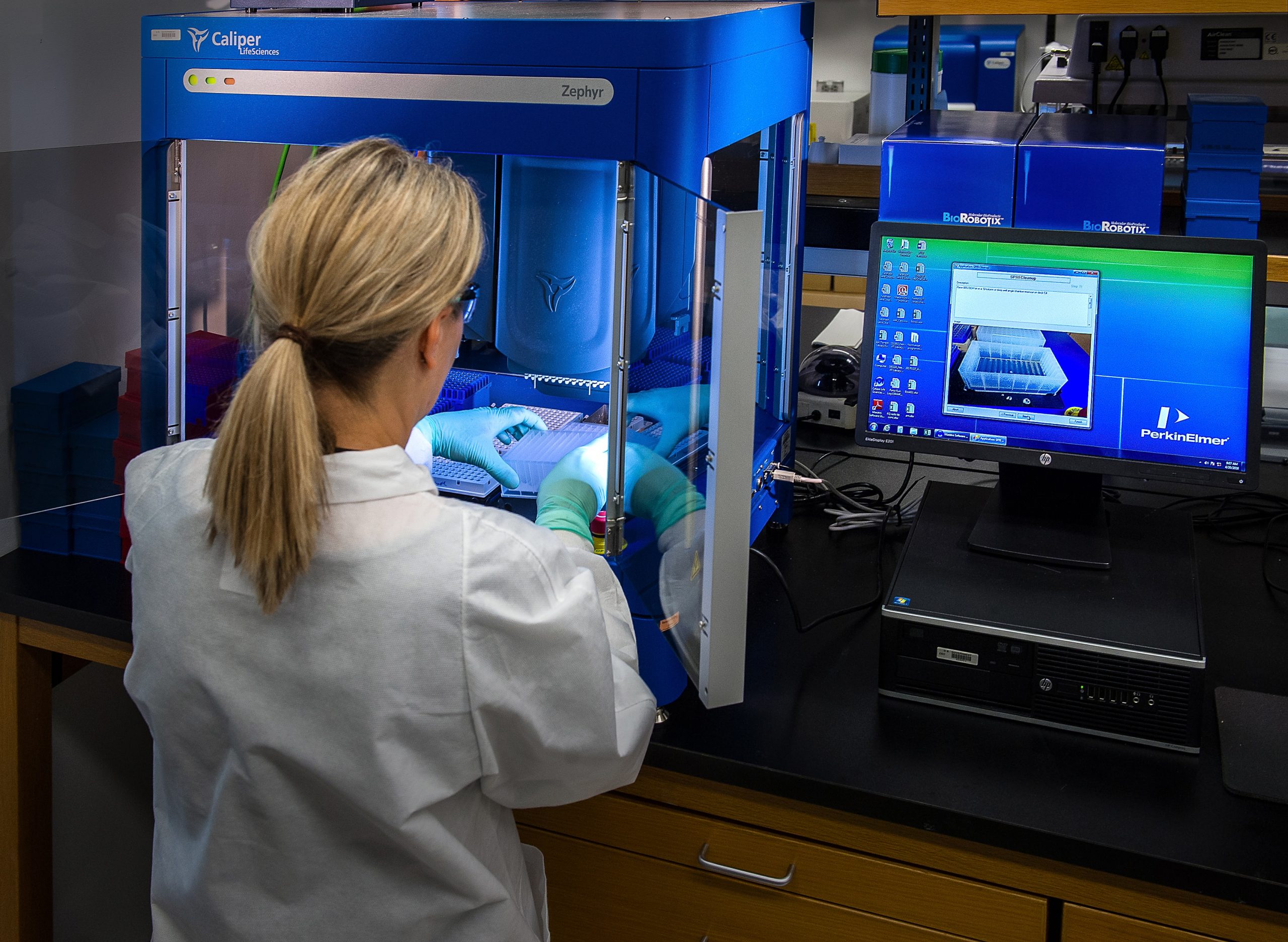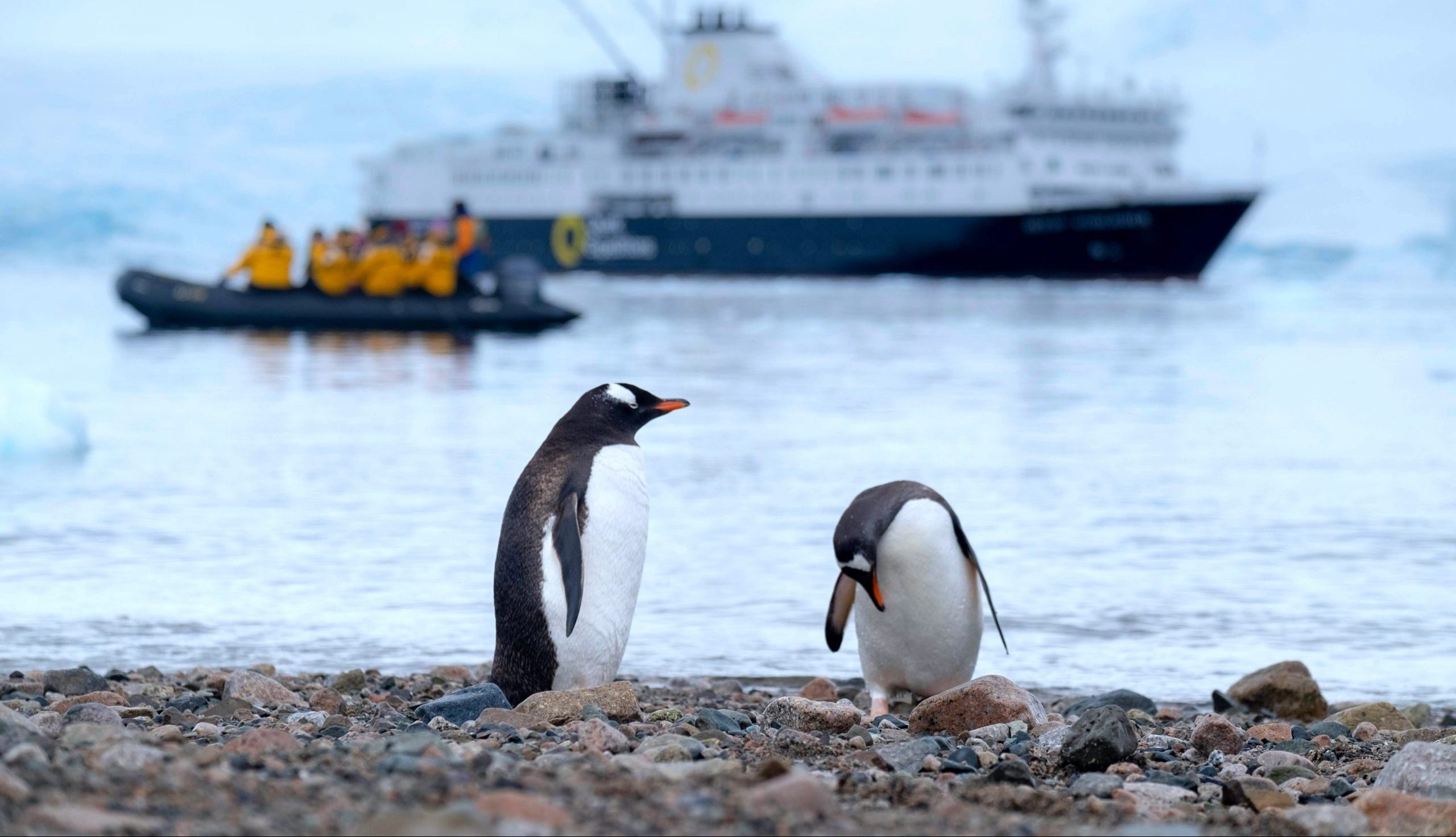
As a Science Journal for Kids advisory board member, ERG professor John Harte recently oversaw UC Berkeley researchers and Science Journal for Kids adapting a paper that found associations between redlining and emergency department visits for asthma. The study was adjusted to be more kid-friendly, and was featured in relevance to today’s youth and the Black Lives Matter movement.
“The purpose of the organization is to bring easily readable and understandable articles to kids and to ‘improve the level of scientific understanding in society’,” Harte stated.








